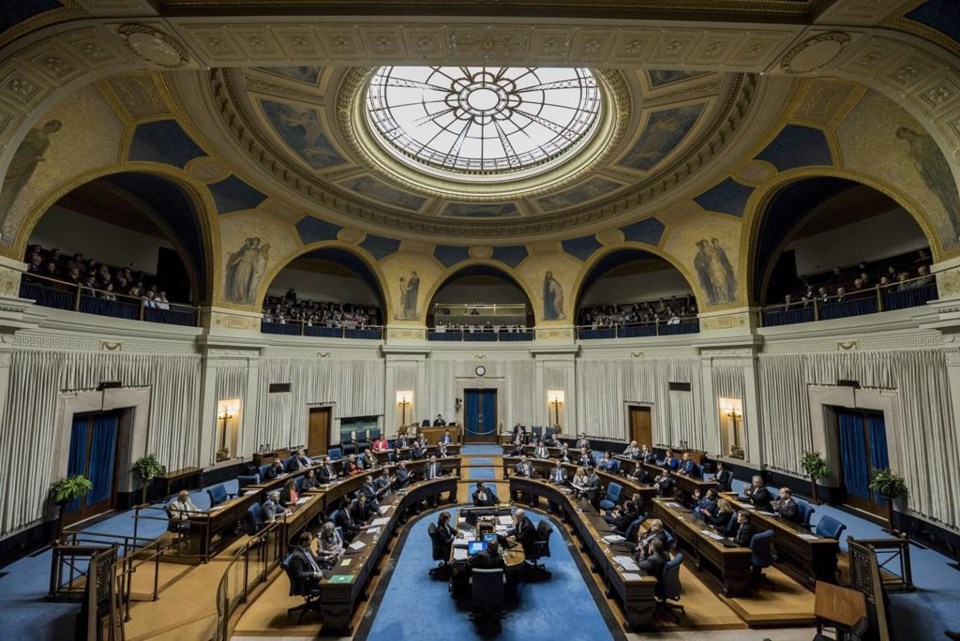WINNIPEG — The Manitoba government is taking out more advertising in the lead-up to the Oct. 3 provincial election and has more leeway to do so under recent changes to provincial law.
The Progressive Conservative government has budgeted $375,500 for the latest phase of advertising promoting its recent agreement with the federal government to offer $10-a-day child care, show documents obtained by The Canadian Press under the province's freedom of information law.
This phase of the campaign is to run into July and follows more than $500,000 set aside for the previous two phases in the winter and early spring.
The government also set aside $131,000 to advertise "carbon tax relief" cheques that were mailed out earlier this year and $219,000 to advertise its annual budget in March, the documents say.
There are also ongoing advertising campaigns, including digital ads on social media, that promote the government's freeze on pharmacare deductibles and rebates on property taxes.
The ability to use public money to promote the government gives a governing party an advantage over the opposition, says one political analyst.
"There's the perception that the government has the upper hand — that it's not the level playing field that everyone talks about — if they've got money to spend on advertising that flatters the government and if they've got public servants who can prepare ads," Paul Thomas, professor emeritus of political studies at the University of Manitoba, said in an interview.
The Election Financing Act includes rules that limit how much governments can advertise in the weeks and months leading up to an election, but the Progressive Conservatives this time around will face fewer limits.
The law was changed in 2021 to shorten the so-called blackout period in which most government ads are banned, to 60 days from 90 days before a set election date.
Another change granted more exceptions to the ban. Previously, only Crown agencies were allowed to continue advertising campaigns that were underway and which focused on ongoing programs or activities. In 2021, the exception was broadened to also include government departments.
Finance Minister Cliff Cullen was unavailable for an interview Monday and Tuesday. He said earlier this year that the Progressive Conservatives were spending less than the former NDP government did in the lead-up to the 2016 election.
The Finance department did not provide an answer on whether government departments plan to stop advertising in the 60 days prior to the election.
The Tory government seems to be trying to advertise its new spending programs to signal a change in course after years of fiscal restraint aimed at cutting the deficit, Thomas said.
"They needed to get the message out that they'd shifted direction in terms of their taxing and spending policies toward being more generous," Thomas said.
Opinion polls for more than two years have consistently suggested the Tories are trailing the Opposition New Democrats, especially in Winnipeg, where there are the most legislature seats.
This report by The Canadian Press was first published June 14, 2023.
Steve Lambert, The Canadian Press



